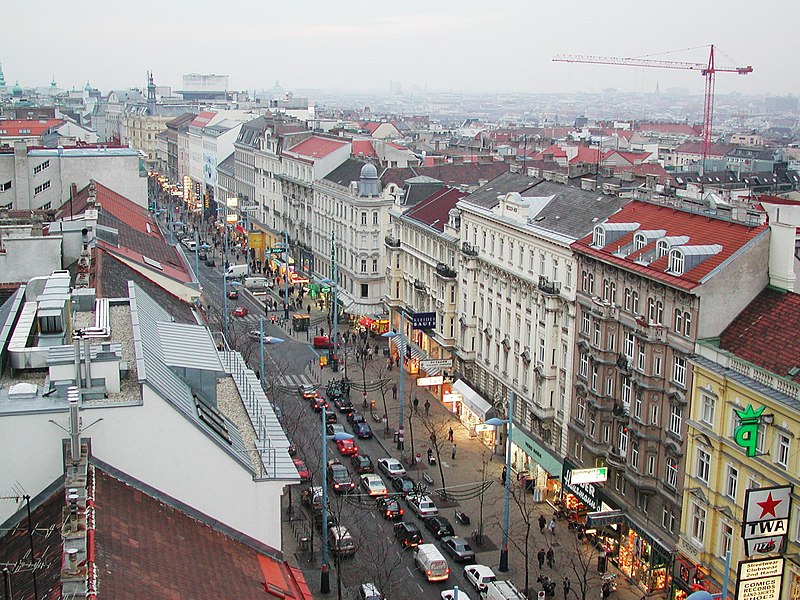Difference between revisions of "About Austria"
m |
|||
| Line 3: | Line 3: | ||
Once the center of power for the large Austro-Hungarian Empire, [[Austria]] was reduced to a small republic after its defeat in World War I. Following annexation by [[Nazi Germany]] in 1938 and subsequent occupation by the victorious Allies in 1945, [[Austria]]'s status remained unclear for a decade. A State Treaty signed in 1955 ended the occupation, recognized [[Austria]]'s independence, and forbade unification with [[Germany]]. A constitutional law that same year declared the country's "perpetual neutrality" as a condition for Soviet military withdrawal. The Soviet Union's collapse in 1991 and [[Austria]]'s entry into the European Union in 1995 have altered the meaning of this neutrality. A prosperous, democratic country, [[Austria]] entered the EU Economic and Monetary Union in 1999. | Once the center of power for the large Austro-Hungarian Empire, [[Austria]] was reduced to a small republic after its defeat in World War I. Following annexation by [[Nazi Germany]] in 1938 and subsequent occupation by the victorious Allies in 1945, [[Austria]]'s status remained unclear for a decade. A State Treaty signed in 1955 ended the occupation, recognized [[Austria]]'s independence, and forbade unification with [[Germany]]. A constitutional law that same year declared the country's "perpetual neutrality" as a condition for Soviet military withdrawal. The Soviet Union's collapse in 1991 and [[Austria]]'s entry into the European Union in 1995 have altered the meaning of this neutrality. A prosperous, democratic country, [[Austria]] entered the EU Economic and Monetary Union in 1999. | ||
| − | Source: | + | Source: www.cia.gov/library/publications/the-world-factbook/geos/au.html |
Back to [[Adopting from Austria]] | Back to [[Adopting from Austria]] | ||
Latest revision as of 03:17, 24 March 2018
Once the center of power for the large Austro-Hungarian Empire, Austria was reduced to a small republic after its defeat in World War I. Following annexation by Nazi Germany in 1938 and subsequent occupation by the victorious Allies in 1945, Austria's status remained unclear for a decade. A State Treaty signed in 1955 ended the occupation, recognized Austria's independence, and forbade unification with Germany. A constitutional law that same year declared the country's "perpetual neutrality" as a condition for Soviet military withdrawal. The Soviet Union's collapse in 1991 and Austria's entry into the European Union in 1995 have altered the meaning of this neutrality. A prosperous, democratic country, Austria entered the EU Economic and Monetary Union in 1999.
Source: www.cia.gov/library/publications/the-world-factbook/geos/au.html
Back to Adopting from Austria
